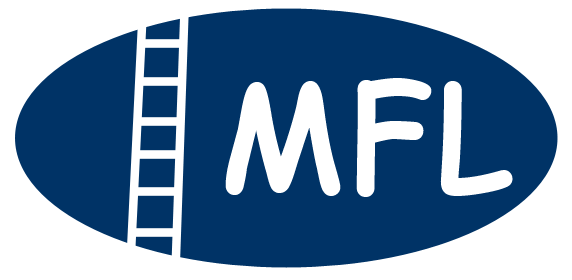Caution: This page contains ONLY GENERAL LEGAL INFORMATION.
It is NOT LEGAL ADVICE nor a replacement for talking to a lawyer
and getting legal advice about your case.
The law can be complicated and the details of a case can be even more complicated!
There are exceptions for every rule.
What you do not know can harm you. Do not rely on general legal information.
AT YOUR OWN RISK.
CONFERENCES & MOTIONS
A Conference is an “informal” discussion with a judge about the case. (This is different from a Motion or a Trial, where a judge is asked to make a decision based on evidence). At a conference, the judge is working with information given by the parties, not evidence.
There are three types of conferences:
-
case conferences
-
settlement conferences
-
pre-trial conferences
-
At a conference a judge can make procedural orders or an orders on consent. It is very unlikely that a judge will make a substantive order (for example about the amount of support and the children’s schedule) if there is no consent. Disputed substantive claims must be resolved on motion or trial.
-
A Brief (which provides information to the judge for the conference) must be served and filed, usually at least a week ahead of the conference. We must also confirm the conference at least three days ahead of time.
-
The judge will expect each party to be there, have filed Briefs, had some discussions with the other side, and to be ready to make good use of the judge’s time.
-
All judges are happy if Minutes of Settlement are filed, whether they settle some or all matters, on a temporary or final basis, procedural or substantive.
-
When conferences were in-person, most judges (but not all) are happy to hold the case down for a while, for the lawyers to have further discussions. With Zoom conferences, a judge may put people in a private (virtual) room for discussions.
Case Conferences
The purpose of a Case Conference is to move the case forward: What disclosure (documents) is required? Can we settle temporary substantive issues? Do we need a motion? What can be done to move people to the point that they can have serious settlement negotiations?
A judge might sometimes discuss his opinion on the strength of each party’s case, but this is not the main purpose of the conference.
A Case Conference on an issue is required before any motion can be brought on that issue.
Settlement Conference
The purpose of a Settlement Conference is to try to settle the case. Before this conference, the parties should have all the information they need, done their calculations, understand the applicable law, and have tried to negotiate a resolution.
If the parties fail to reach a settlement, then the matter proceeds to trial.
Pre-Trial Conference
The purpose of a Pre-Trial Conference is to make decisions about how the trial will be conducted ... how long it will take, what witnesses will be called, how documents will be introduced, ...
Motions
A motion is a more formal hearing, where a judge hears arguments based on evidence presented and makes a decision on the issue raised. (In the Superior Court, lawyers wear robes as a sign of the importance of these appearances.) Evidence is usually provided by sworn statements, such as Affidavits.
Motions can deal with more complicated procedural issues (ones that are not resolved at the Conference) and temporary orders about decision-making responsibly, parenting time, support, etc.
